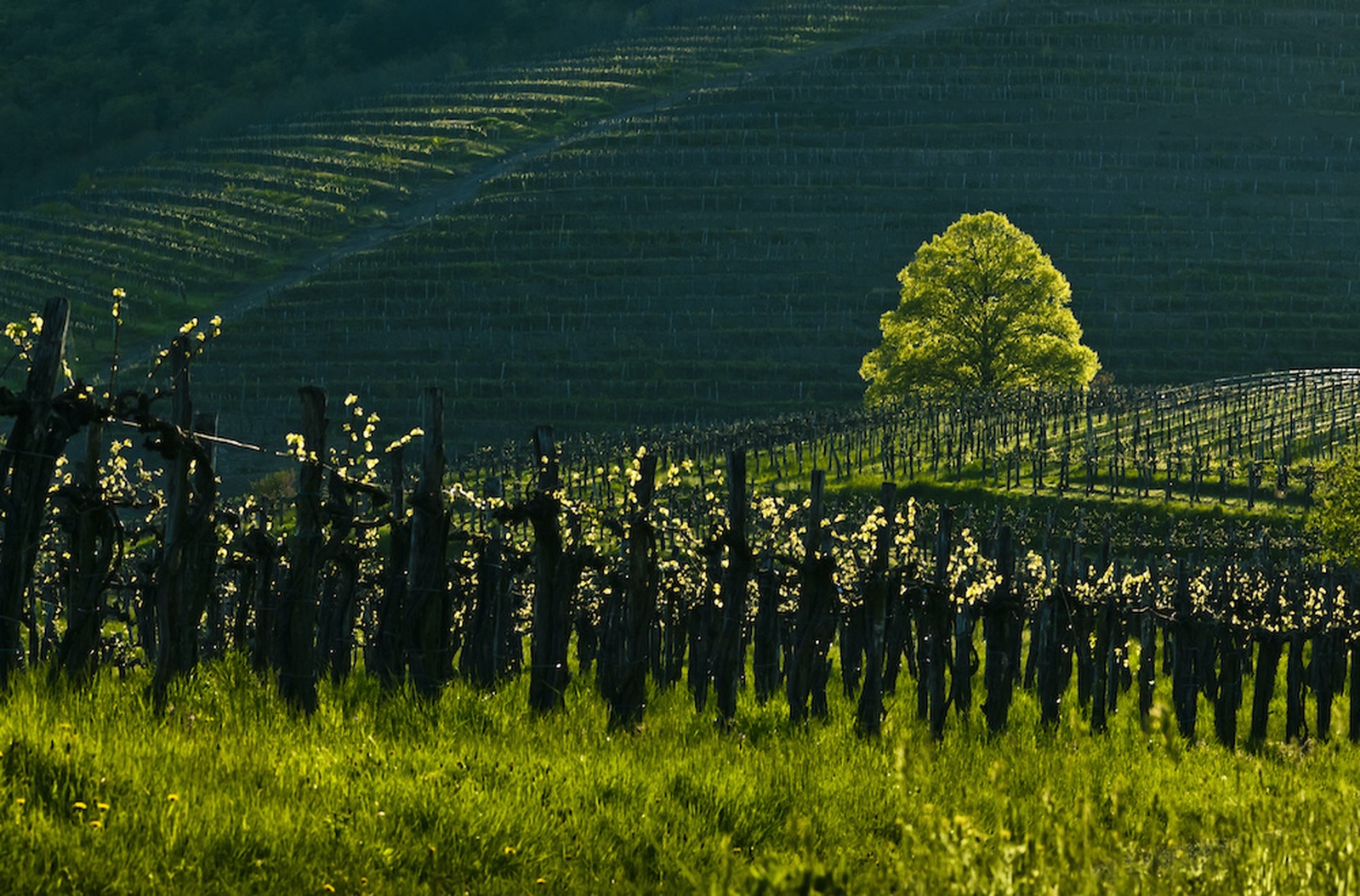The Vipava Valley connects with Norway
A new opportunity for the development of wine production

A new project titled »Uncorking rural heritage: indigenous production of fermented beverages for local and environmental sustainability« was successfully launched on the 20th and 21st of October 2020 by holding the kick-off meeting online. The project officially started on 1st of October 2020 and is funded by Iceland, Liechtenstein and Norway through the EEA and Norway Grants Fund for Regional Cooperation. The project will last for the next three years.
The project's total costs are around 1.5 million euros (1.500.998,00 EUR), and the EEA and Norway Grants Fund granted us with 1.359.656,00 EUR. In the project, we are nine partners from four different countries, and the University of Nova Gorica is leading this consortium. The consortium consists of four research and academic institutions, the University of Nova Gorica with the Wine Research Centre and Faculty for Viticulture and Enology (Slovenia), Nofima As (Norway), NIBIO (Norway), and Polytechnic in Požega (Croatia). The two partners Tikveš Winery (North Macedonia) and Hardanger Cider Association (Norway) represent the producers, while Municipality of Ajdovščina (Slovenia), Hardanger Council (Norway) and Local Development Agency Požega (Croatia) are representing the local authorities.
The project is a natural extension of the cooperation that started back in 2015 between the Wine Research Centre of the University of Nova Gorica and Norwegian partners – NIBIO Ullensvang and Hardanger Cider Association. This collaboration aimed to improve traditional Hardanger cider. At the same time, the Wine research Centre was directing the efforts to obtain funds for research studies in the field of wine typicality and sustainable, smart viticulture on a national and international level. Throughout our way, common challenges were merged in a new project idea, to which also other institutions were attracted. So, back in 2018, with a really strong partnership composing of 4 expertise partners from Norway and 5 beneficiary partners from Slovenia, Croatia and North Macedonia the first proposal idea was submitted. Among 700 proposals, 42 were invited to the second round of evaluations, including ours. In April 2020 we received exciting and positive news from the fund, which decided to financially support our project ideas. Proudly and with tremendous enthusiasm, we are ready for it!
The project addresses rural exodus problems, brain drain, and under-developed local economy faced by rural regions in Central and Eastern Europe. Norway is one of the most developed countries in Europe; however, its rural areas face a similar brain drain problem as its partners' counties. On the other hand, in Western Europe, high-quality agricultural products (like wine) with strong regional identity has contributed to sustainable rural development, preserving traditions and preventing emigration or firm relocation. This regionality has been based on typicality and terroir concept.
This project aims to address those issues by establishing a new cluster of human capital through transnational cooperation and capacity building with a network of research institutions, academia, business, and local authorities operating in selected rural areas for the valorisation of local wines and cider based on typicality and terroir characterization. The rural areas of Vipava Valley in Slovenia, Slavonia in Croatia, Tikveš in North Macedonia, and Hardanger in Norway were selected for this project.
During our first meeting Dr. Guillaume Antalick, assistant prof. in wine sciences at the Wine Research Centre of the University of Nova Gorica, introduced the concept of wine typicality. This concept has been used worldwide for decades to add value to agricultural products and improve the international reputation and tourist attractiveness of many rural areas. It is closely related to the French concept of "terroir", extensively used nowadays by the wine and gastronomic sector. Such high-quality agricultural products are generally supported by important research activities aiming to improve product quality and promotion. On the other hand, European regions such as Balkan and Scandinavia, particularly when it comes to wine and cider, still did not adopt this concept for their development due to various historical and political reasons. The lecture and partners presentations during the meeting tried to give an overview of how science can help to develop the typicality concept and regionality, taking wine as an example, and how this could be adopted for wine and cider production in some areas of Slovenia, Croatia, North Macedonia and Norway.

The project Uncorking rural heritage: indigenous production of fermented beverages for local cultural and environmental sustainability is funded by Iceland, Liechtenstein and Norway through the EEA and Norway Grants Fund for Regional Cooperation. The aim of the project is to foster the development of rural areas by improving common research capacity and knowledge dissemination applied to the “terroir” approach for wine and cider production in selected areas of Slovenia, Croatia, North Macedonia and Norway.
Contact
Andreja Leban
Public Relations
T: +386 5 620 58 27
E: andreja.leban@ung.si


